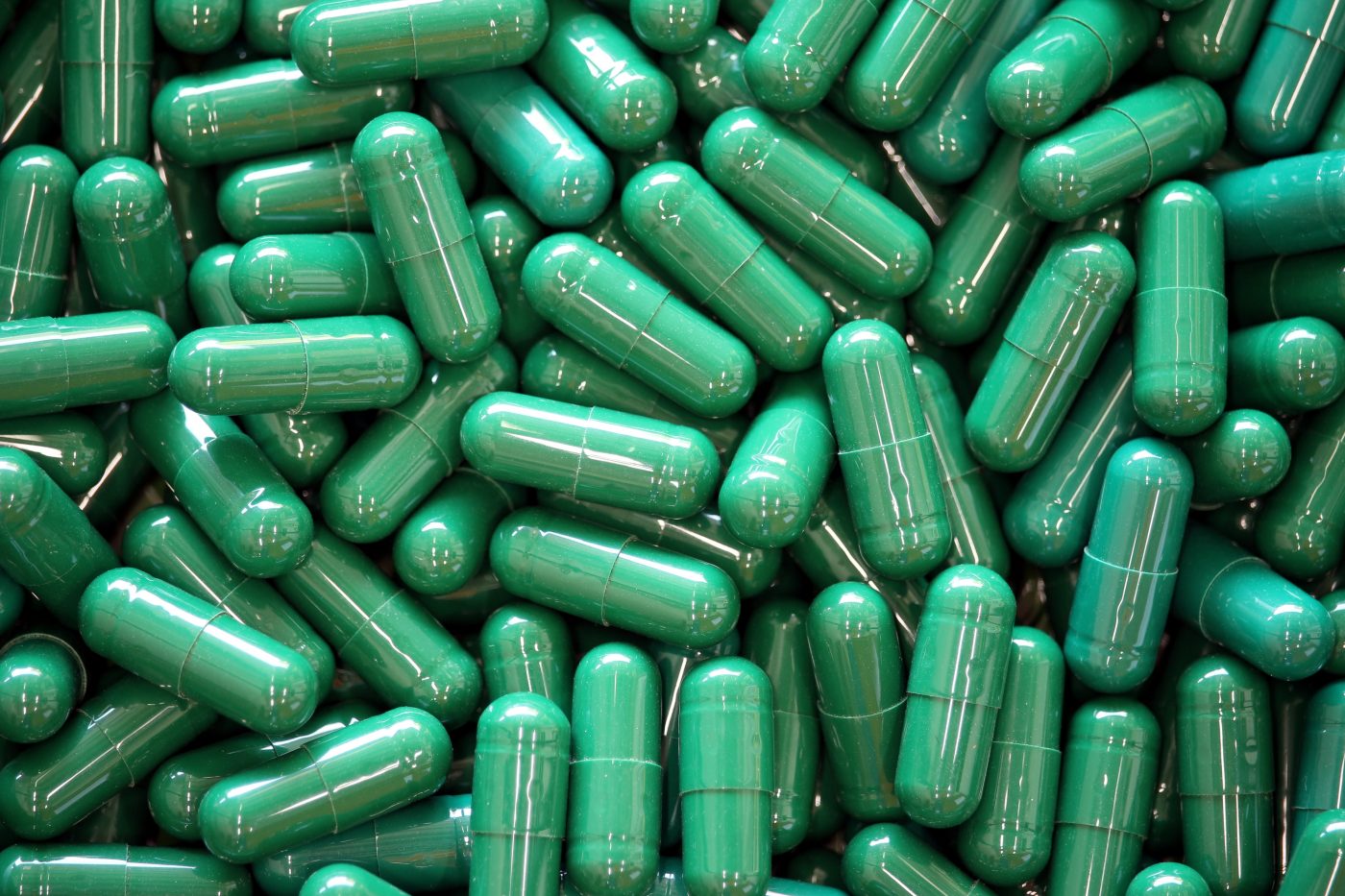FDA Grants Orphan Drug Status to WAVE’s Huntington’s Disease Drug Candidate
Written by |

The U.S. Food and Drug Administration (FDA) has granted orphan drug designation to WAVE Life Sciences‘ lead candidate WVE-120101, which is being developed for the treatment of Huntington’s disease (HD).
“Each potential new therapy for Huntington’s disease gives fresh hope to the more than 30,000 Americans symptomatic with HD and the 200,000 more who live fearfully at-risk of having inherited it,” Louise Vetter, CEO of the Huntington’s Disease Society of America’s (HDSA), said in a press release. “We are grateful for the commitment that WAVE Life Sciences has to improve the lives of families affected by this devastating neurological disease.”
The Orphan Drug Act is a pathway for economic incentives to support the development of drugs meant to treat, diagnose, or prevent rare diseases – specific conditions that affect only up to 200,000 people in the U.S.
Huntington’s disease is considered an orphan disease in the United States. According to the HDSA, there are approximately 30,000 symptomatic Americans but more than 200,000 at-risk of inheriting the disease.
Huntington’s is an autosomal dominant disorder, meaning that a person only needs one copy of the defective gene to develop the condition that is caused by a defect in the huntingtin (HTT) gene.
WVE-120101 targets a single nucleotide polymorphism (SNP) called rs362307, which is associated with the mutation in the HTT gene. WAVE’s approach enables selective silencing of the HTT allele while allowing the healthy HTT allele to function normally while producing the associated protein.
“We are pleased to receive Orphan Drug Designation for our first Huntington’s disease therapy and to advance what may be the first allele-targeted therapy into clinical trials, particularly as there are no approved disease-modifying treatments for HD,” said Paul Bolno, M.D., MBA, president and CEO of WAVE Life Sciences.
Bolno said WVE-120101 is the first of Wave’s two lead allele-specific antisense programs for Huntington’s disease, and the company plans to file investigational new drug (IND) applications for both in late 2016. Each program targets the underlying genetic cause of Huntington’s and between them, most Huntington’s patients would be covered, he said.
“Our team at WAVE is driven by a sense of urgency and purpose as we work to advance disease-modifying treatments for HD patients,” Bolno said.
FDA orphan drug status entitles the company to seven years of market exclusivity in the U.S. Further incentives might include tax credits associated with the expense of clinical trials, exemptions from the U.S. FDA user fee, or assistance in designing strong clinical trials.





